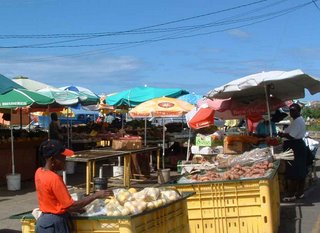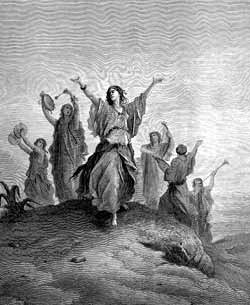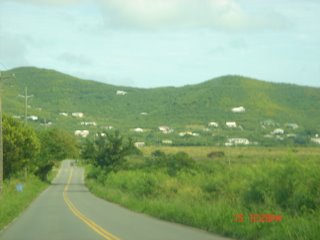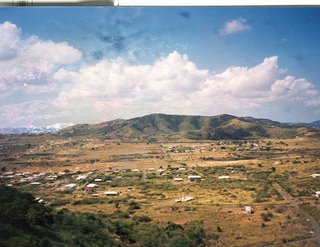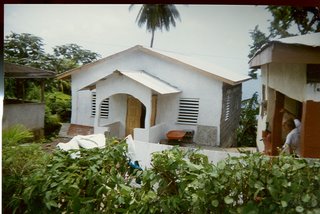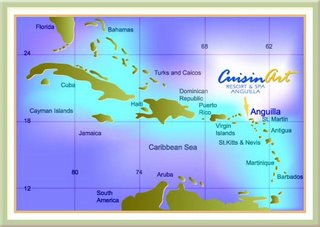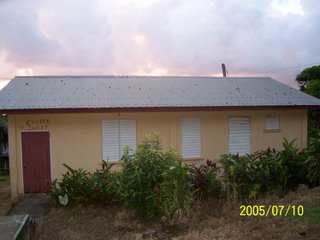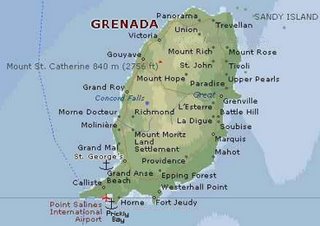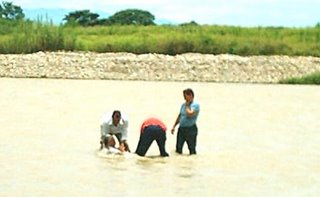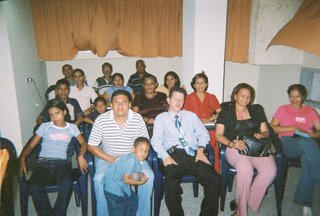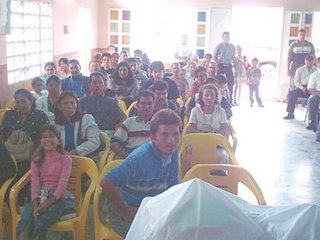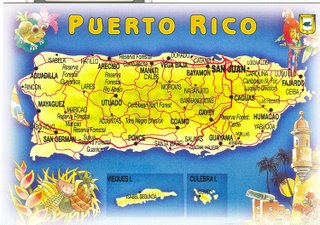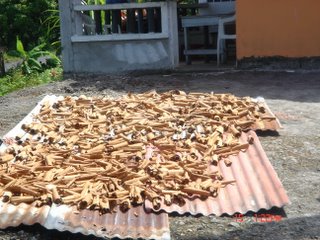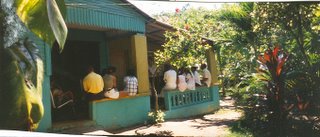From time to time I'm asked what kinds of things I preach in the Caribbean. Of course that depends a great deal on the congregation and the situation (s) they may be in. Much of what I preach is what we would call "first principles"--the plan of salvation, the worship of the church, the name, etc. Not only are there many new Christians, but there are usually visitors, some for the first time. You have to say something that will pique their interest so they will want to continue or begin a Bible study. One of the themes I've used frequently of late is "Is there only one church?". Even in the smallest villages there are usually at least 2 or 3 churches, all teaching different things, many of them obviously not following the Bible. This has been effective in several settings in getting people to begin studying and attending.
When you preach in the "open air", usually in front of a shop or other place that people tend to gather, the whole idea is to spark further interest. Because of that the sermon must be provocative without being ugly. We are commanded to "speak the truth in love" and even when we show that some religious practices are not true to the Bible we must do so with a view to teaching and enlightening our listeners. Usually there are several speakers and the hope is that even those who stay home in the immediate area will here the preaching. These sermons are expected to be 1 1/2 -2 hours long, so you have time to fully develop almost any theme.
Sometimes I deal with specific problems that I know about--I have preached on marriage, divorce, remarriage; male leadership in the church, liberalism and the social gospel. On one occasion my son went to a childrens' class and at the end they were making plans for next month. This was a class that ranged up to early 20's, both boys and girls. The next week was to be "girls night"--one of the girls would preach, another would lead singing, others would lead the prayers, etc. When Paxx approached the preacher about the unscriptural nature of this he was surprised, but willing to study the issue. For the next 3 days that is what they did, with one group after another, beginning about 8 AM and going until almost dark. The conclusion of all was that there would be no more "girls night", that it was wrong--often times "teachings" that we think "everybody knows" are unknown, so they have to be taught.
A further complication is that some of the brethren do not read or do not read well, so there must be much more repetition. I also frequently tell a story, rather than read it, as when I used to read them I wound up telling them afterwards anyway. Many of the Old Testament Bible stories that we learned as children brethren there have never heard, so more background has to be laid.
If a translator must be used that can really slow down the flow of a sermon--I don't think I've ever preached with a translator because I limit myself to the 2 languages I know, Spanish and English. These two languages will reach 63 % of the people in the Eastern Caribbean.
There are some interesting situations that develop when preaching in other countries. One brother had to finally leave the pulpit and go toward a drunk who kept coming in to interrupt before he would leave--it didn't hurt that Jeff is about 6'3". People come and go during the whole sermon in the "open air". One sister threw pebbles at her teenage son who was asleep on the front row--yes, she got his attention. There were several major distractions in St. Croix over the years, like the time the political caravan made a stop just across the street from where we were meeting. Such a caravan has lots of alcohol and loud, loud music, so I finally had to give up and cut that sermon short. On another occasion we all watched as a man took a little dog and a machete into the bush and drew the obvious conclusion--he was going to kill the dog. When he returned 30 minutes later without the dog you could see the steam rising, until about 5 minutes later when the dog showed up again. This same dog would occasionally come and walk across the podium with me, lay down just in front, etc. On another island I had to step over a medium sized dog to go to the podium to preach--either she wasn't really interested or I was boring, because she left about half way through the sermon.
Despite the differences in the circumstances of the preaching and teaching, the Word of God is still the message. The old, old story still continues to changes hearts and lives as it has through the centuries.
Tol
 This is a photo of the church building of the congregation in a suburb of Santo Domingo called "Trece"--it's at the 13 mile marker (trece in Spanish). The shortest man in the picture used to preach there, but has since moved to another part of the city to start a church there. This building was formerly his rent house and he gave it to the church. Brother Juan has done okay and has always been generous to the church as a whole, as well as individual brethren. He runs a drug store and frequently gives brethren the medicine they need when they cannot afford.
This is a photo of the church building of the congregation in a suburb of Santo Domingo called "Trece"--it's at the 13 mile marker (trece in Spanish). The shortest man in the picture used to preach there, but has since moved to another part of the city to start a church there. This building was formerly his rent house and he gave it to the church. Brother Juan has done okay and has always been generous to the church as a whole, as well as individual brethren. He runs a drug store and frequently gives brethren the medicine they need when they cannot afford. 